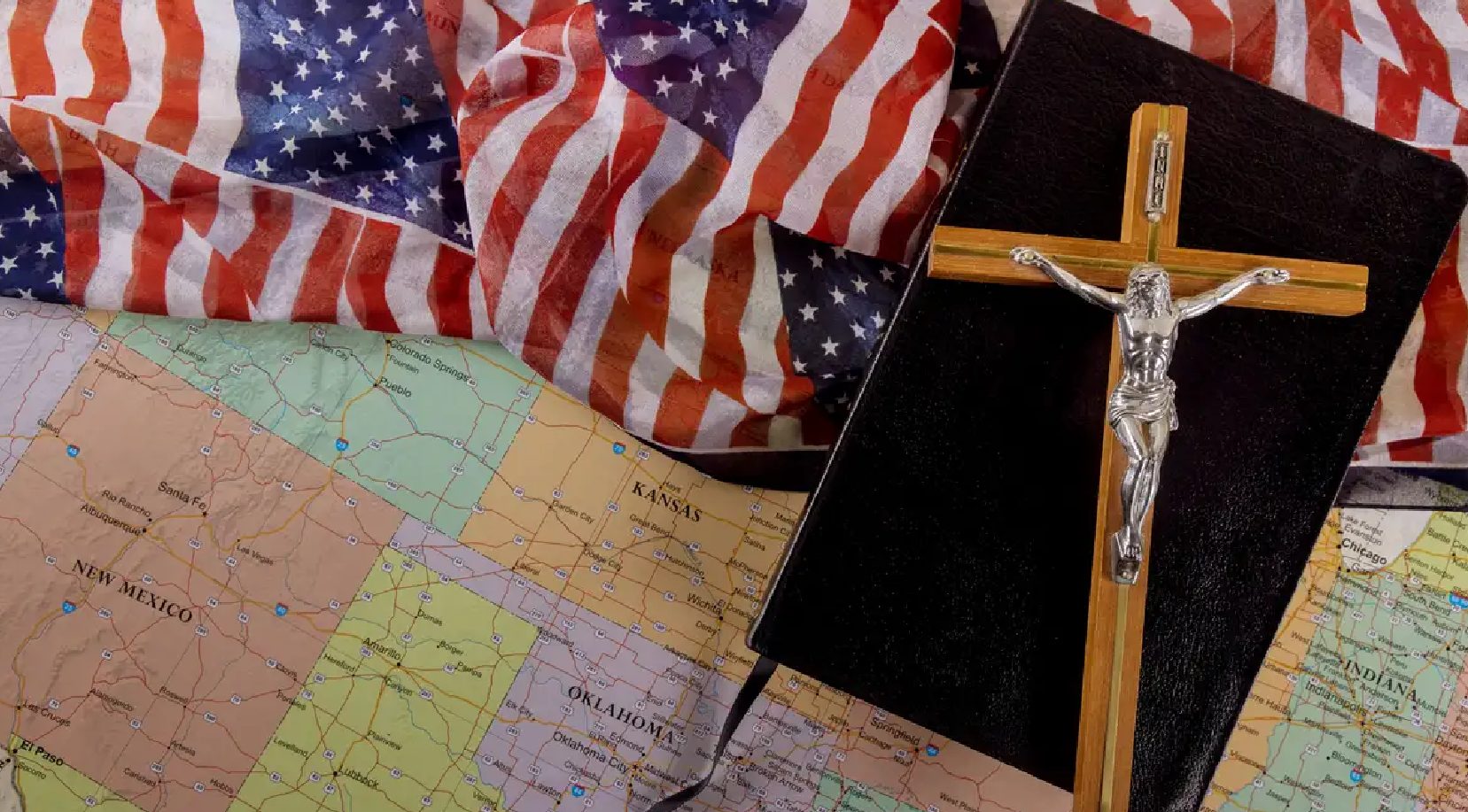Rising Tide: Americans Embrace Religious Liberty in Landmark National Poll

In a heartening revelation, a recent comprehensive survey illuminates a promising trend: public support for religious freedom is not just maintaining its ground, but actually gaining momentum. The study offers an optimistic glimpse into societal attitudes, demonstrating that respect for diverse religious beliefs continues to strengthen across different demographics.
Far from waning, the commitment to protecting individuals' rights to practice their faith freely appears to be resonating more deeply than ever before. This growing sentiment reflects a nuanced understanding of religious liberty as a fundamental human right, transcending cultural and geographical boundaries.
The survey's findings suggest that people increasingly recognize the importance of creating inclusive spaces where different religious traditions can coexist peacefully. Such support underscores a collective desire for mutual respect, understanding, and the protection of personal spiritual choices in an increasingly interconnected world.
As conversations about religious freedom evolve, this emerging trend provides hope for a more tolerant and empathetic global society, where diverse beliefs are not just tolerated, but genuinely celebrated.

